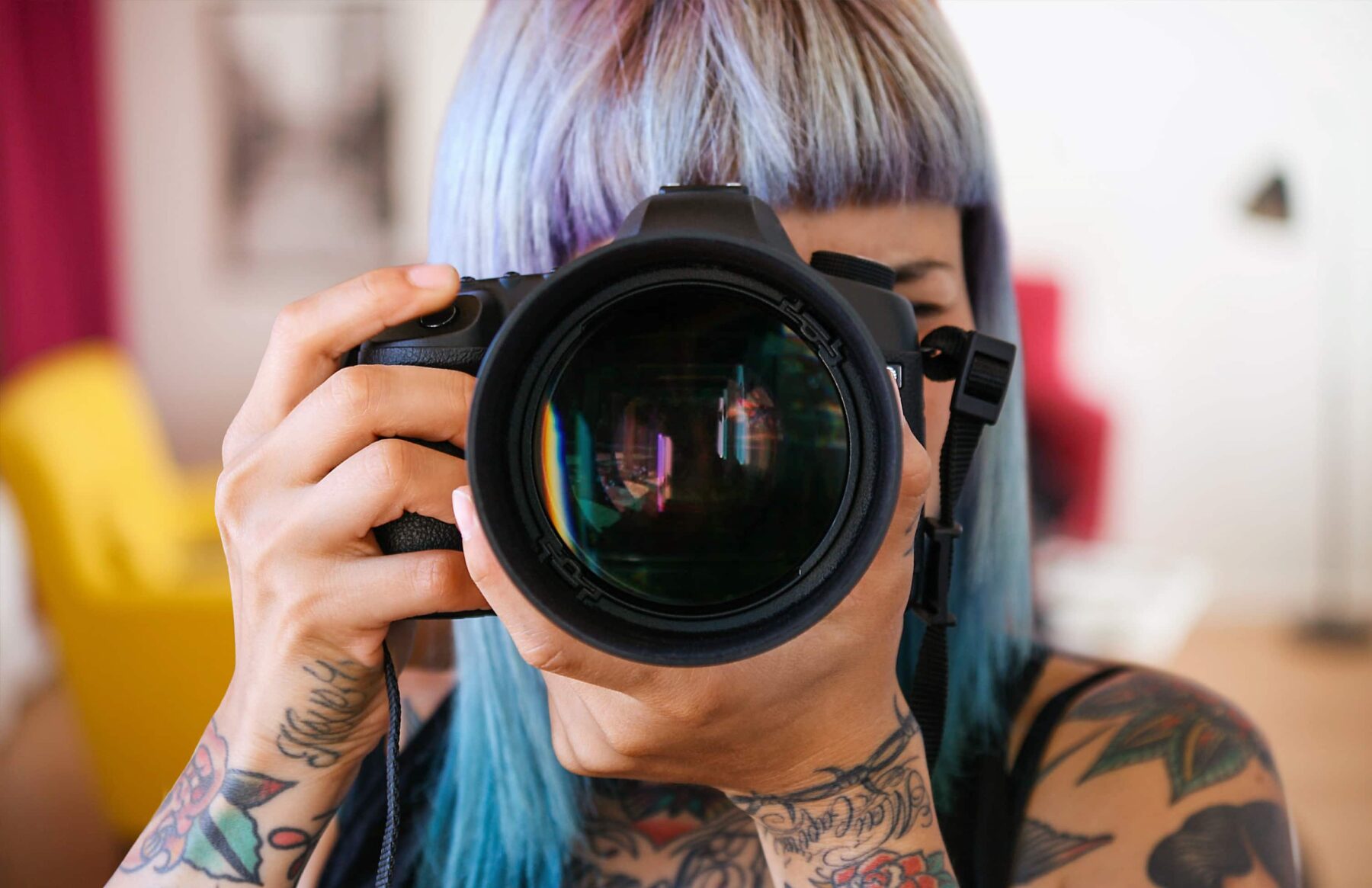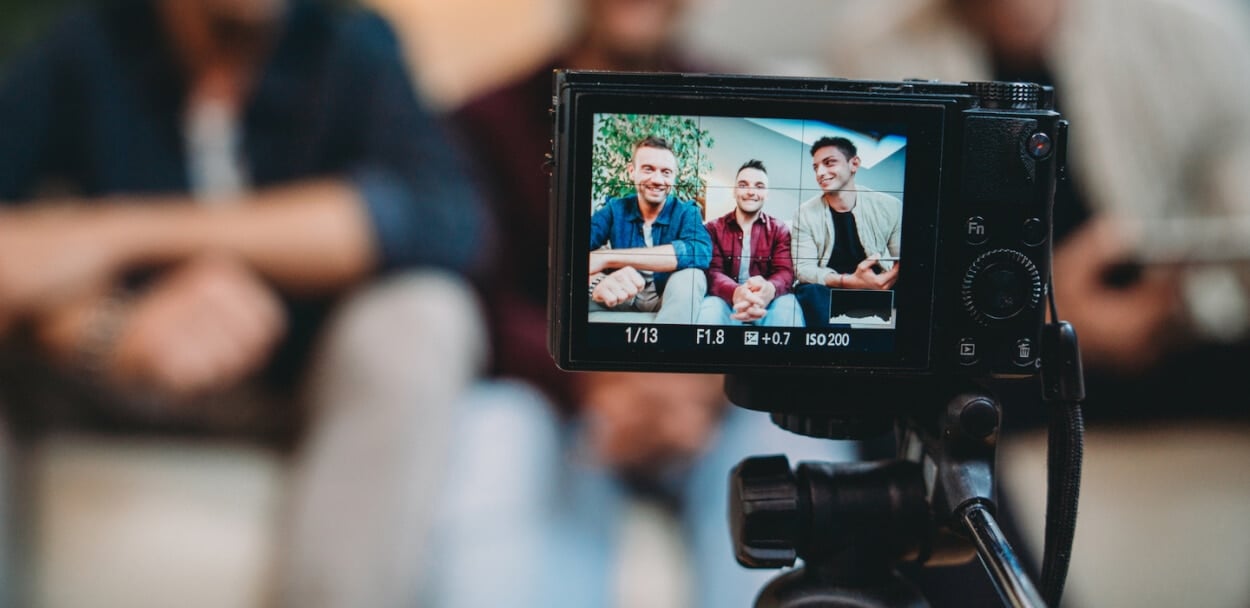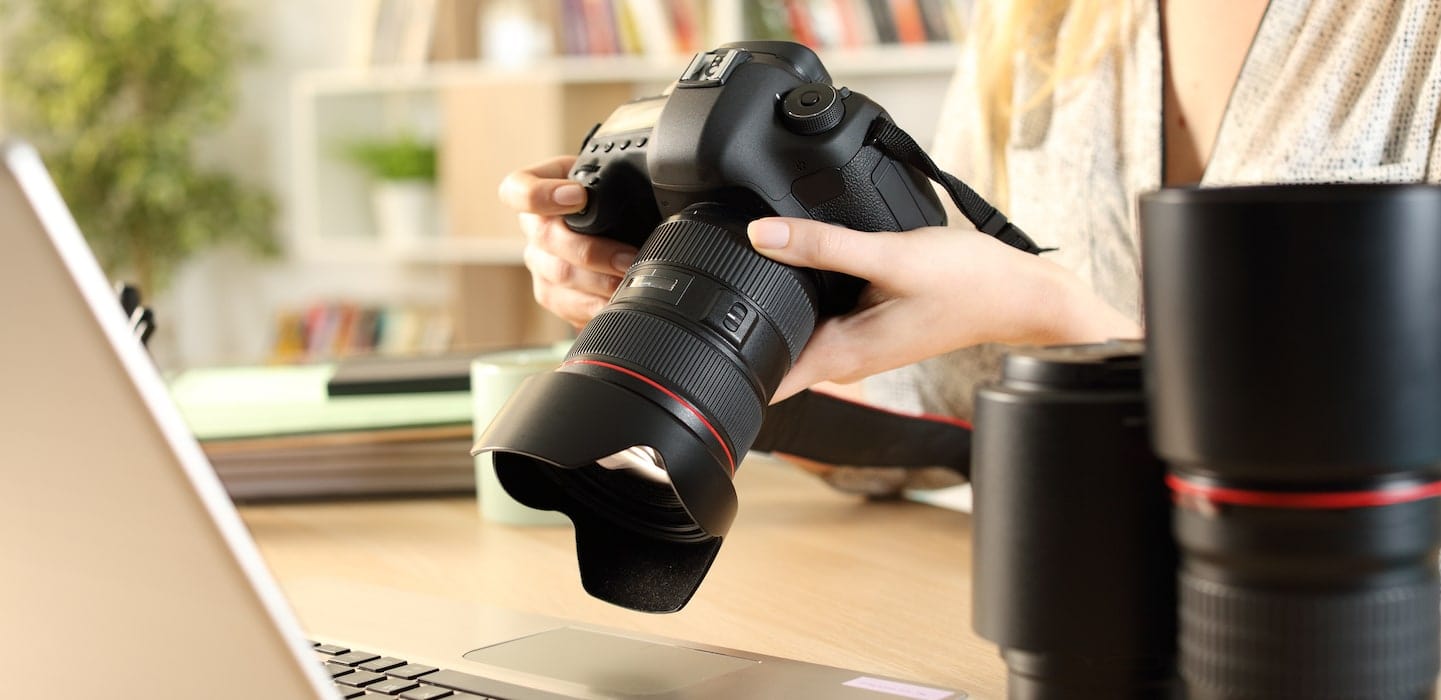As a photographer, you help people capture small and life-changing moments alike. From baby photos to scenic landscapes, you reveal the beauty that’s present in everyday life. However, as a small business owner, you have to be prepared for the possibility that your form of artistic expression could make a client or third party unhappy, and even litigious.
The last thing you imagine when you get behind the lens is that someone might sue you for a picture. To protect yourself and your business, get acquainted with photography laws and your responsibilities when documenting private or public scenes.
Important legal concepts for shutterbugs include:
- Right to privacy laws (and how they apply in public)
- Commercial use vs. noncommercial use
- Photo release forms
- Drone photography laws
Read on to learn everything you need to know about photography laws and how they apply to your small business!
Privacy and public photography laws
As a photographer, you likely take a camera everywhere you go so that you can be prepared when inspiration strikes. But is it legal to take photographs of people in a public area? You might be especially unsure of how the law applies to:
- Children and minors
- Law enforcement officers
- Strangers
In the U.S., our government grants people the right to privacy under the 14th amendment. However, when people are out in public, they no longer have a reasonable right to privacy1. That’s why paparazzi can stalk celebrities, street photographers can shoot scenes of urban life, and you can usually take pictures of police officers and complete strangers—with some exceptions.
When and how you can photograph people depends on whether you’re on public or private property:
- On public property, you can truly photograph freely—for the most part.
- However, in museums, airports, courthouses, and other taxpayer-funded properties, photography may be disallowed for safety reasons2.
- In a public place that is still private property—a shopping mall, or a privately owned park or plaza—the property owner has the right to prohibit photos. Likewise, security guards and other employees can legally ask you to stop snapping.
While you do have broad rights to take photographs in public, what you can legally do with those photographs is another matter. Understanding these rules is one of your responsibilities as a photographer.
Commercial vs. noncommercial use of photographs
Whether you take photographs in public or in private photoshoots, it’s important to understand the limits on your right to use those photographs. If you own the copyright to a photograph, you have free reign to use it for noncommercial purposes. Those include:
- Selling photographs as fine art
- Displaying them in museums
- Selling them to newspapers
These are all constitutionally protected rights under the 1st Amendment, which allows for freedom of expression. Expressing yourself in art or in journalism is usually a-okay. However, be aware that if someone feels you’ve misrepresented them and damaged their public image, they could sue you for libel.
And you can encounter other issues when sharing photographs of your subjects. For example, with this list in mind, you may be surprised to hear that it might not be okay to post the same photograph to your Instagram or other social media account.
Wait—what?
While you can use photographs of other people for noncommercial purposes, you cannot use them for commercial purposes. In this case, your Instagram account serves the goal of promoting your brand and services as a photographer. That’s a commercial purpose. While it’s legal to take someone’s photo, you cannot use their image for promotional purposes without their consent.
Photo release forms
As you can see, it can be important to get your subject’s consent so that you can later use the pics on your social media account and in your online portfolio (and for other commercial purposes like paid ads). That’s why it’s so important to use photo release forms whether you’re on the shoot or out in public.
When your client (or subject) signs a photo release form, they grant you the right to publish their photograph. You can lay out the following details in a form:
- Who owns the copyright
- How the photographer can use the photograph
- Any limitations on use (timespan, type of use, etc.)
Get in the habit of having a few generic forms on-hand whenever you think you might start snapping.
Drone photography
As you can imagine based on the above, drone photography can be legally complex—your drone may fly over private and public property, and its owners may never know you’re taking photographs. When it comes to drone photography, laws are rapidly changing, but be sure to follow these guidelines3:
- Register your drone if required by your state.
- Acquire a license if you will use your drone photography for commercial purposes.
- Research your local regulations regarding drone photography, commercial use of drones, and insurance requirements. .
This will put you in the best possible position to avoid litigation in the case that a subject takes exception to your drone photography.
Insuring your photography business
As a photographer, you’re an artist and business owner all-in-one. Pursuing your freedom of expression while avoiding legal quagmires can be challenging whether you’re a photojournalist or a wedding photographer.
To protect your small business, it’s not enough to know the law—you must also be prepared against potential risks.
The solution? Insurance.
General liability insurance – CGL insurance can protect photographers from client and third-party claims of personal injury, advertising injury, bodily injury, and property damage related to their work. Should a subject claim your noncommercial use of their photo counts as libel, they could sue you—and you’d be responsible for your own legal costs (as well as any payouts). That is, unless you have insurance.
Professional liability insurance – can protect photographers from claims or errors and omissions related to their work. Should a client be unhappy with their new headshots, they could sue you for reimbursement. In this case, a professional liability policy could provide coverage.
Insurance is great, but it’s not so great when you’re starting your business and building your portfolio but paying for insurance even if you don’t have a shoot.
At Thimble, we’ve created general liability and professional liability insurance for photographers.
We offer insurance on a revolutionary, on-demand basis (choose from hourly, daily, or monthly policies). That means you can take out photographer insurance for an hour-long photoshoot, a weekend festival, or by the month.
Getting insured takes less than 60 seconds. Just enter a few details about your business, your desired coverage length, click to purchase, and say “yes” to last minute-gigs with full confidence. If the job falls through, you can cancel your policy penalty-free up to one hour before coverage is set to begin.
Sources:








